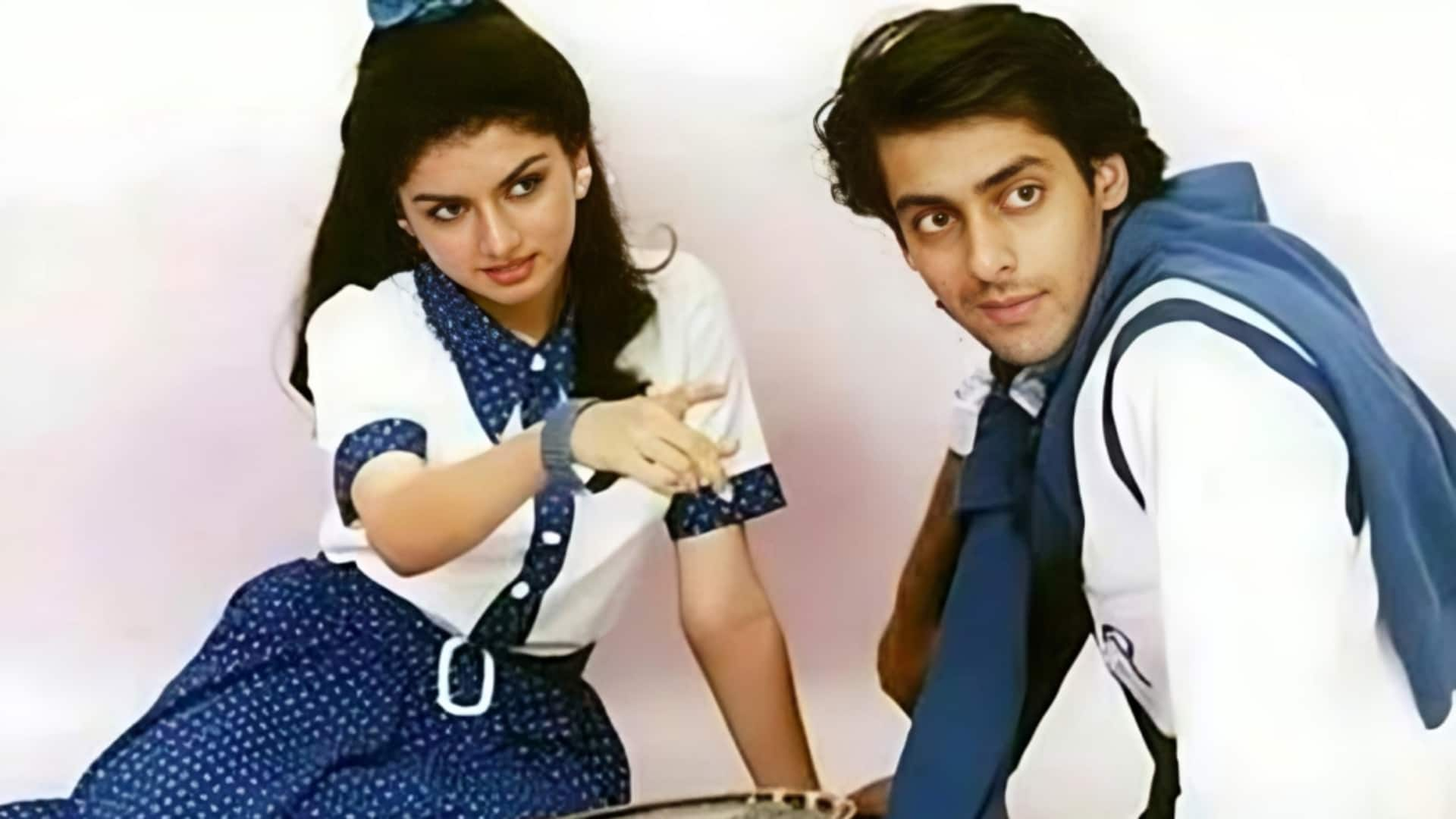
Salman-Bhagyashree's 'Maine Pyar Kiya' anniversary: Why it became timeless classic
What's the story
Salman Khan ventured into Bollywood with a supporting role in the 1988 film Biwi Ho To Aisi. However, it was Sooraj Barjatya's Maine Pyar Kiya—in 1989—that catapulted Khan to overnight stardom, announcing his arrival. A timeless film that has not been marred by the ravages of time, Maine Pyar Kiya was released on this day 34 years ago. Here's what made it a classic.
#1
Khan and Bhagyashree's chemistry
Maine Pyar Kiya marked Bhagyashree's debut in Bollywood. Her pairing and on-screen chemistry with Khan were praised to the skies, so much so that it has almost attained legendary status. Suman (Bhagyashree) and Prem's (Khan) bond is now written in the golden annals of Bollywood history. Interestingly, there was a charming nod to their onscreen love in Khan's Kisi Ka Bhai Kisi Ki Jaan.
#2
Do you remember its lines by heart?
Who can forget MPK's timeless dialogue: "Dosti ka ek usool hai madam, no sorry, no thank you (there is no apology and gratitude in friendship)"? It laid the foundation of the friendship of Suman and Prem and subsequently became the film's catchy tagline, too. There's another accompaniment, "Dosti ki hai, nibhaani to padegi hi (Have to follow through our friendship)." Don't we all relate?
#3
Action, romance, laughter—'MPK' has it all
Maine Pyar Kiya had all the markings of a true-blue blockbuster, so it is unsurprising why it became the mammoth hit it did. It had romantic scenes, action sequences, light-hearted moments, and parts that were heavy with emotional heft, ensuring that the film never ran out of entertainment factors. And props to Barjatya's direction, who hit the bullseye in his first feature film directorial!
#4
How can we forget the top-notch music?
It's blasphemous even to imagine a successful Hindi film without pulsating, rousing music that stays with us much after we leave the theater. Maine Pyar Kiya's music is one for the history books—one that still plays at almost every event graced by Khan. Featuring Mere Sawaalon Ka, Dil Deewana, Kabootar, and Aaja Shaam Hone Aayi—how can we not fall for this rhythmic, euphonious soundtrack?